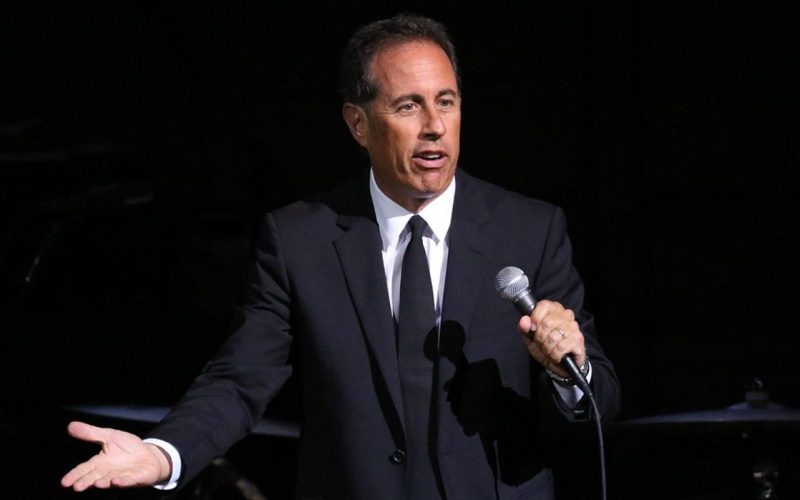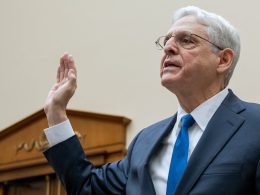In recent developments, tensions between Israel and Lebanon have escalated, prompting international concern and diplomatic efforts to prevent a potential conflict. The United States has issued warnings regarding Hizbollah’s activities, citing them as provocative actions that could destabilize the region.
Historical Context

To understand the current situation, it’s essential to review the historical background between Israel and Lebanon, including past conflicts, border disputes, and the role of militant groups like Hizbollah.
Current Developments
Recent incidents and statements by key stakeholders, including the US, Israel, Lebanon, and Hizbollah, have heightened tensions in the region. This section will detail specific events and responses that have contributed to the current crisis.
US Position and Warnings
The United States has taken a firm stance on Hizbollah’s actions, emphasizing the need for de-escalation and warning against provocative measures that could lead to a broader conflict. This section will outline the US government’s statements and actions in response to the crisis.
Diplomatic Efforts
International diplomacy plays a crucial role in preventing conflict escalation. This part of the article will examine diplomatic initiatives and efforts by key players such as the United Nations, European Union, and regional powers to defuse tensions and promote dialogue between Israel and Lebanon.
Regional Impact and Strategic Considerations
The potential outbreak of hostilities between Israel and Lebanon not only threatens regional stability but also carries significant strategic implications. Neighboring countries, such as Syria and Jordan, could be drawn into the conflict either directly or through proxy involvement. Moreover, the broader Middle East region, already grappling with various geopolitical tensions, risks further destabilization if the situation escalates. Key international actors, including major powers like Russia and China, closely monitor developments, mindful of their own interests and alliances in the region.
Security Concerns and Military Preparedness
Both Israel and Lebanon have heightened their military readiness in response to escalating tensions. Israel, citing concerns over Hizbollah’s missile capabilities and cross-border activities, has reinforced its defenses along the northern border. Meanwhile, Lebanon, politically fragile and economically strained, faces internal challenges in managing security threats posed by militant groups operating within its borders. The potential for miscalculation or unintended escalation remains a grave concern, underscoring the need for clear communication channels and de-escalatory measures among all parties involved.
Humanitarian and Economic Implications
Beyond military and political dimensions, the prospect of conflict between Israel and Lebanon raises serious humanitarian and economic concerns. Civilian populations on both sides of the border, already vulnerable due to past conflicts and socio-economic challenges, could bear the brunt of any escalation. Displacement, loss of life, and disruption to essential services would exacerbate existing humanitarian crises in the region. Economically, Lebanon, grappling with a severe financial crisis, cannot afford the additional strain of conflict, further jeopardizing its stability and recovery efforts.
Analysis Table: Key Players and Positions
| Key Player | Position and Actions |
|---|---|
| United States | Issues warnings against Hizbollah provocations |
| Israel | Concerns over Hizbollah activities and regional security |
| Lebanon | Response to accusations, internal political dynamics |
| Hizbollah | Defense of actions, strategic objectives |
| International Organizations | Efforts to mediate and prevent conflict escalation |
Comparative Table: Past Incidents vs. Current Crisis
| Incident/Crisis | Key Players Involved | Outcome/Resolution |
|---|---|---|
| [Past Incident/Crisis] | [List of key players] | [Outcome/Resolution achieved] |
| [Current Crisis] | [List of key players] | [Current status and ongoing developments] |
Conclusion
In conclusion, while efforts are underway to prevent Hizbollah an Israel-Lebanon conflict, the situation remains tense and unpredictable. The role of diplomacy and the actions of key stakeholders will be critical in determining whether peace can be maintained or if escalation becomes inevitable.











